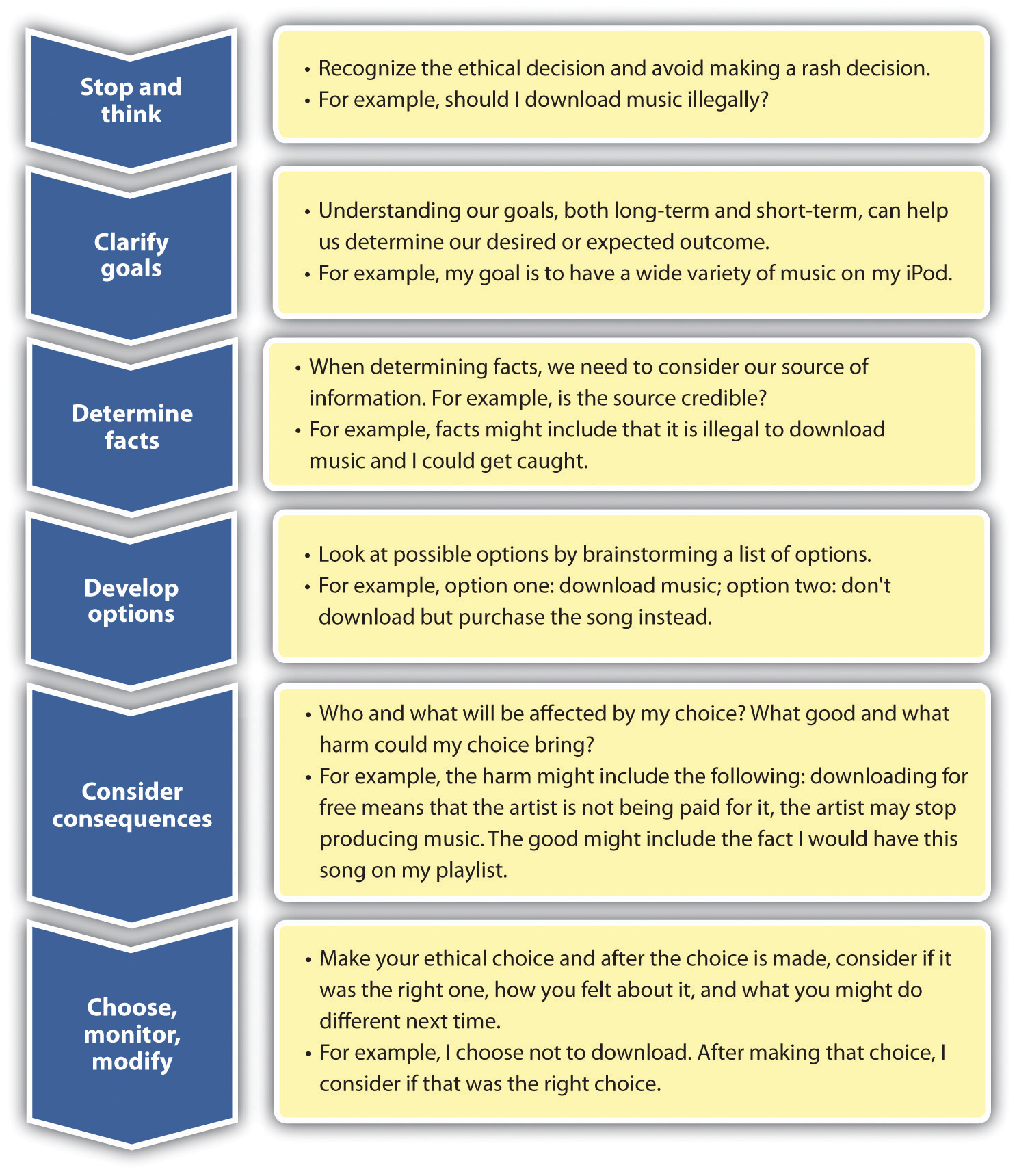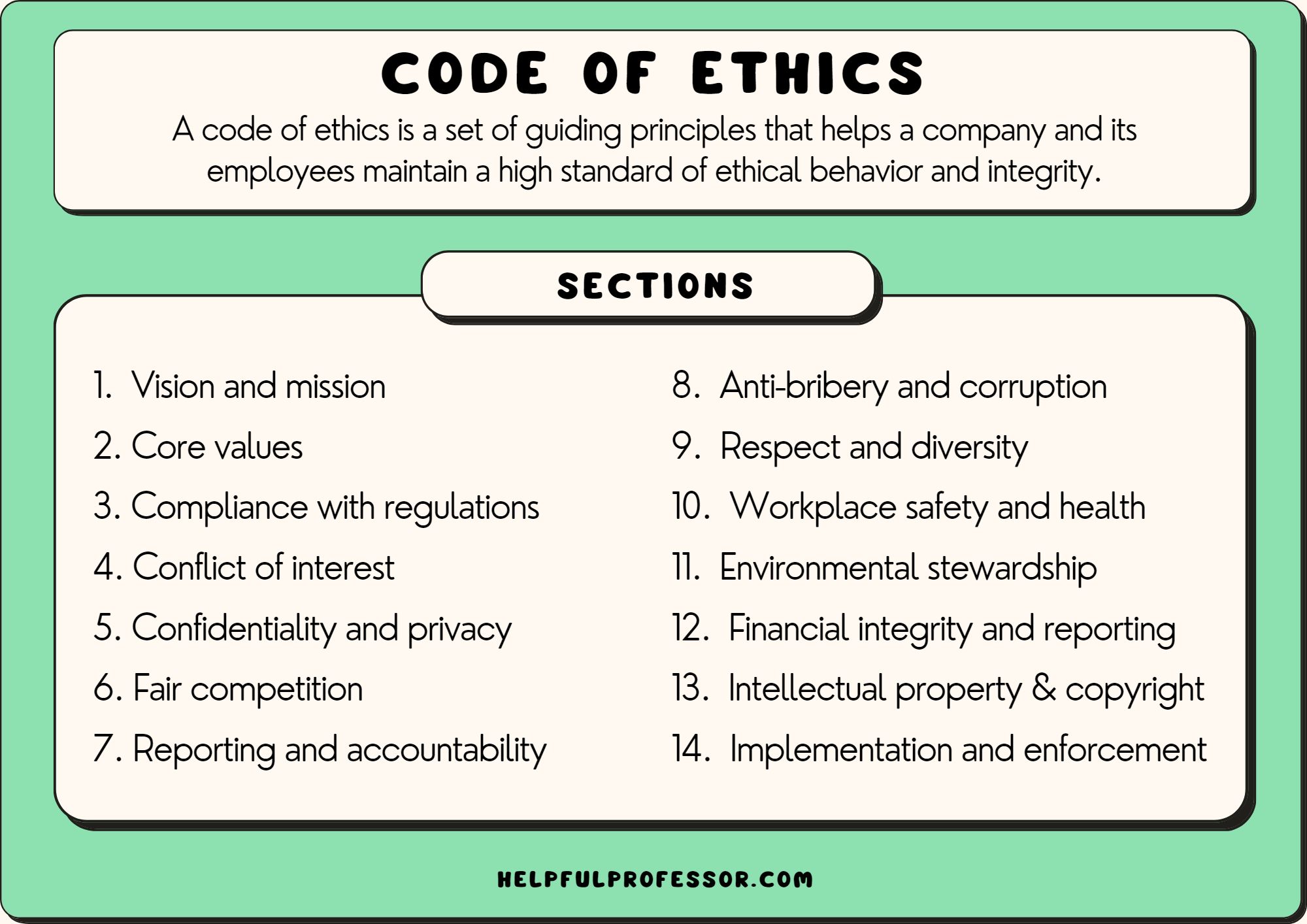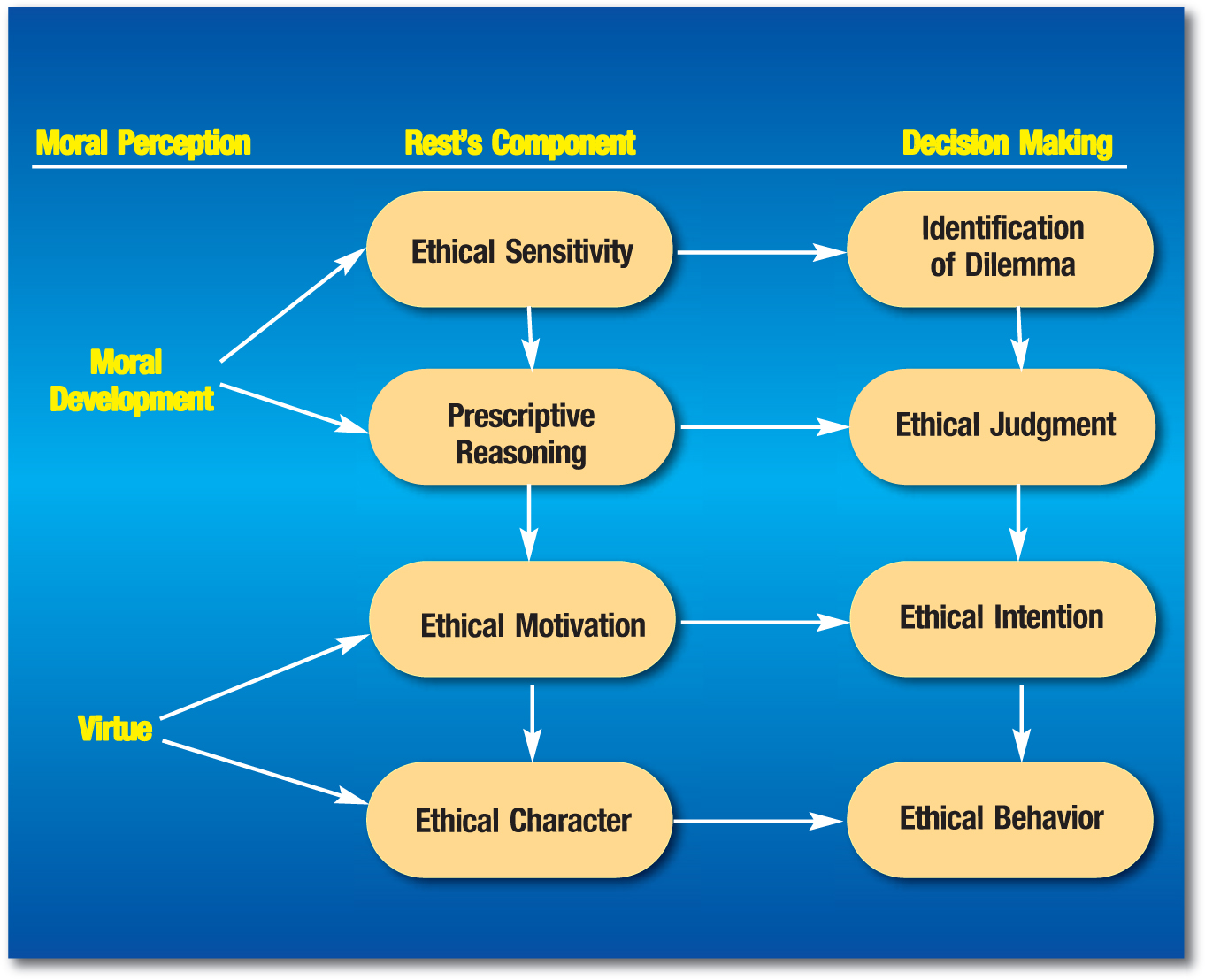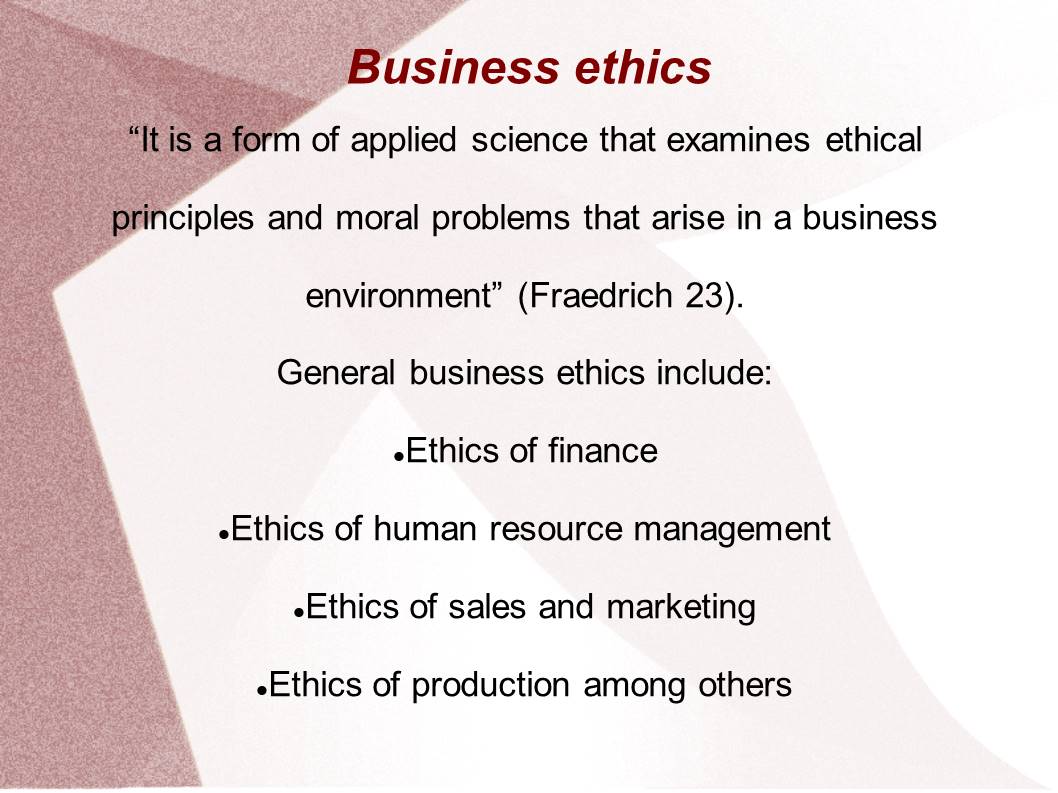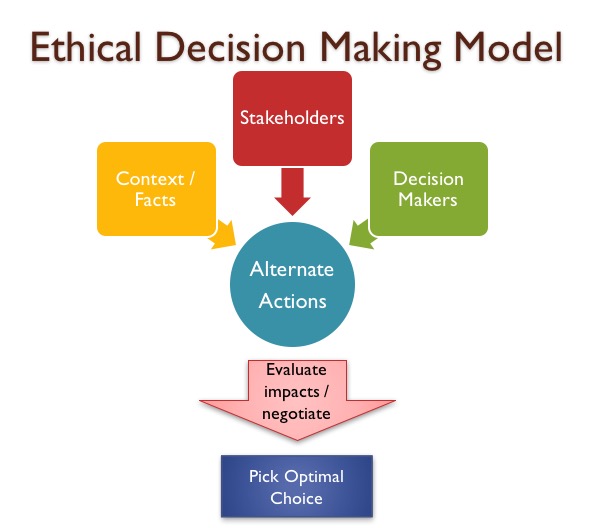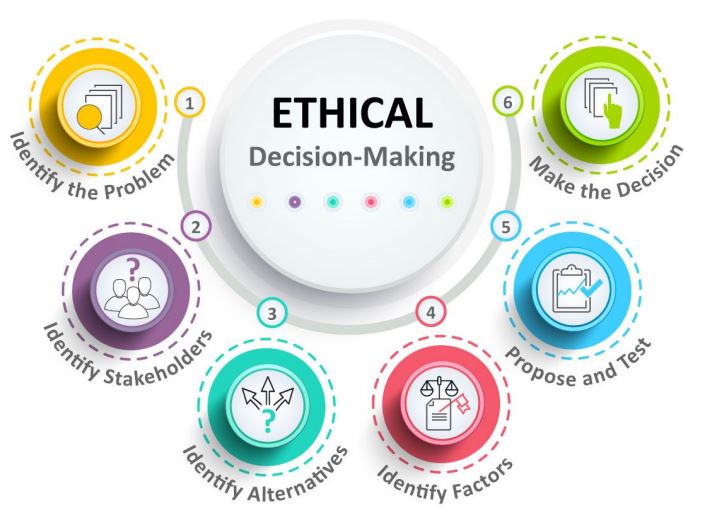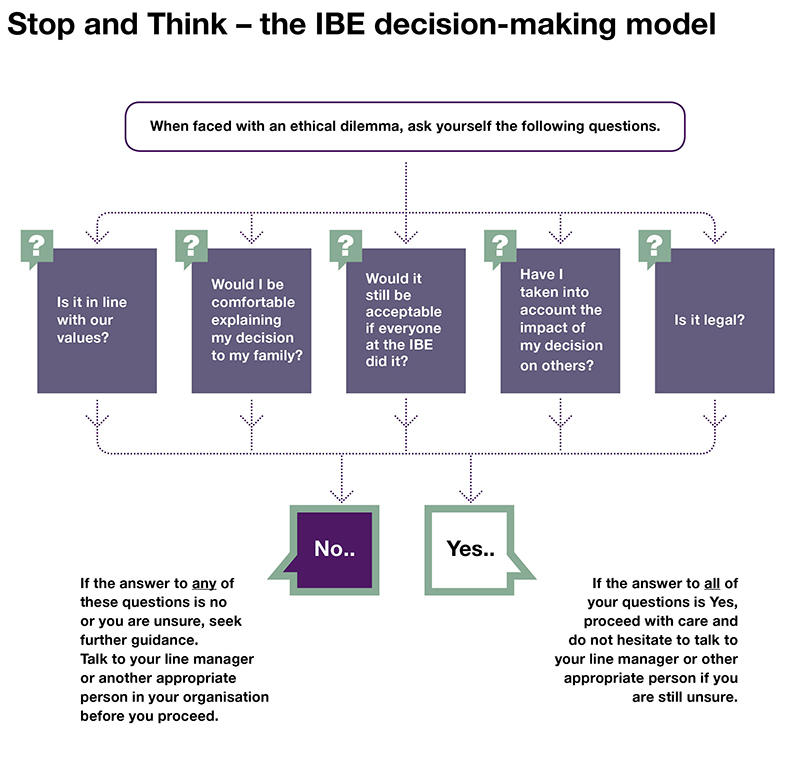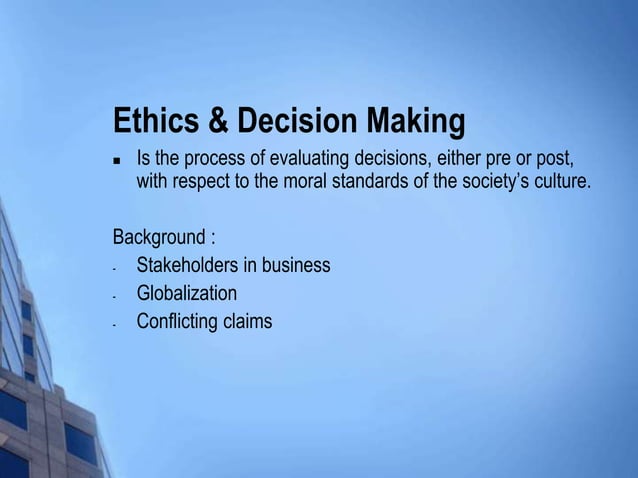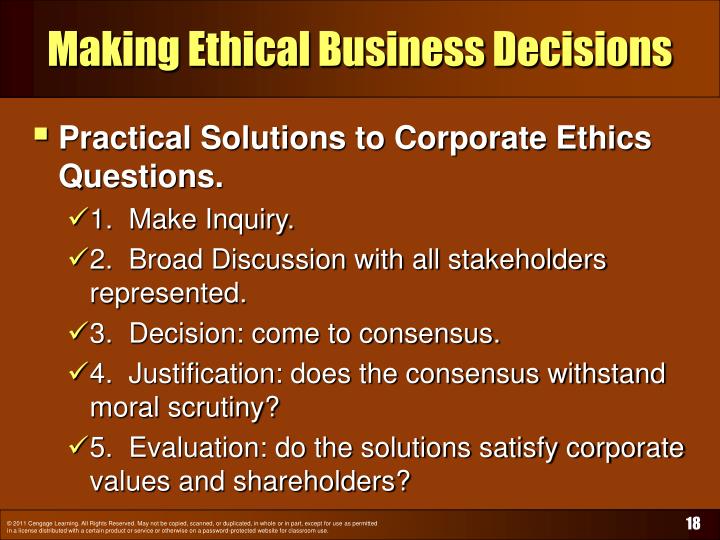Examples Of Ethical Business Decisions
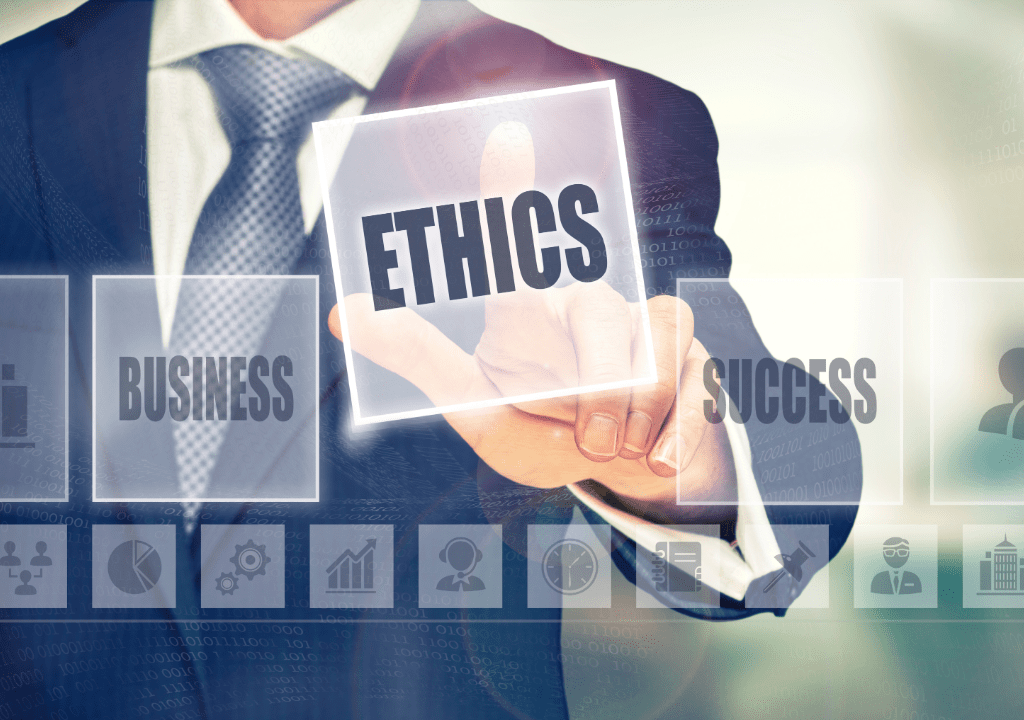
Imagine a bustling marketplace, vendors hawking their wares, customers haggling for the best price. But what if, woven into the fabric of each transaction, was a thread of integrity, a commitment to fairness that transcended mere profit? This isn't a utopian fantasy; it's a glimpse into the world of ethical business decisions, where doing good is not just a slogan, but a core operating principle.
This article explores concrete examples of companies choosing the ethical path, demonstrating that profitability and principles can coexist and even reinforce each other. We'll delve into specific scenarios, revealing how these decisions impact stakeholders and ultimately contribute to a more sustainable and trustworthy business landscape.
Background and Significance
The concept of ethical business practices has evolved significantly over the past few decades. What was once considered a niche concern, primarily relegated to corporate social responsibility (CSR) reports, is now increasingly recognized as a critical component of long-term business success.
Consumers, employees, and investors are demanding greater accountability and transparency from the organizations they support. A study by Edelman found that 81% of consumers say trust is a deal breaker when deciding to buy from a brand. This shift in public sentiment has forced businesses to re-evaluate their values and prioritize ethical considerations in their decision-making processes.
Examples in Action
One compelling example can be found in the realm of sustainable sourcing. Patagonia, a well-known outdoor apparel company, has consistently demonstrated a commitment to environmental responsibility. They prioritize using recycled materials, ensuring fair labor practices throughout their supply chain, and actively advocating for environmental conservation.
Their decision to offer repair services and encourage customers to buy used clothing, rather than constantly purchasing new items, is a powerful statement against fast fashion and consumerism. This commitment, while potentially impacting short-term sales, has resonated deeply with their customer base, fostering brand loyalty and solidifying their reputation as a leader in sustainable business practices.
Another example lies in the tech industry, often criticized for its ethical gray areas. Microsoft's approach to artificial intelligence (AI) development provides a contrasting perspective. The company has established clear ethical principles for AI, focusing on fairness, reliability, safety, inclusiveness, transparency, and accountability.
This framework guides their AI development process, ensuring that the technology is used responsibly and does not perpetuate bias or discrimination. By prioritizing these ethical considerations, Microsoft aims to build trust in AI and mitigate potential negative consequences.
Beyond environmental concerns and technological advancements, ethical decision-making extends to employee welfare. Companies like Salesforce have implemented programs focused on equal pay and opportunities. They conduct regular audits to ensure pay equity across genders and ethnicities, addressing historical disparities and creating a more inclusive workplace.
Offering robust benefits packages, including mental health support and flexible work arrangements, also demonstrates a commitment to employee well-being. These initiatives not only attract and retain top talent but also contribute to a more engaged and productive workforce.
Unilever provides a further example by committing to sustainable sourcing for their agricultural raw materials. This commitment extends beyond simply purchasing certified ingredients; it involves working directly with farmers and suppliers to promote sustainable farming practices, improve livelihoods, and protect the environment. This proactive approach not only ensures a more resilient supply chain but also creates positive social and environmental impact in the communities where they operate.
Conclusion
These examples illustrate that ethical business decisions are not merely altruistic gestures; they are strategic investments that can enhance brand reputation, foster customer loyalty, and improve employee engagement. The companies highlighted here demonstrate that a commitment to ethical principles can lead to long-term sustainability and success.
As consumers become increasingly aware of the social and environmental impact of their purchasing decisions, businesses that prioritize ethics will be best positioned to thrive in the years to come. The future of business lies in embracing a more holistic approach, where profit and purpose go hand in hand.
